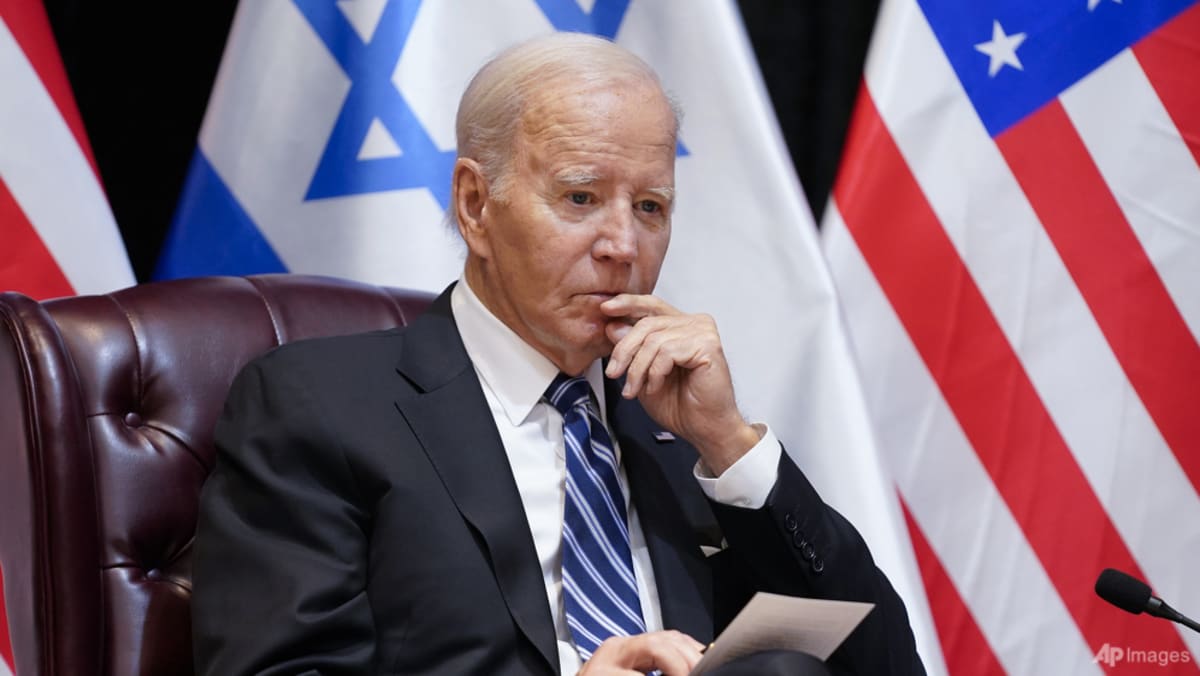INCREMENTAL PRESSURE
The Biden administration has previously taken smaller steps to show displeasure with Netanyahu, including imposing sanctions on extremist Israeli settlers and letting through a United Nations Security Council resolution that supported a ceasefire.
Major US interventions in the past have changed Israeli behavior. In 1991, Israel begrudgingly attended the Madrid conference that led to a peace process with the Palestinians after then-president George W Bush held up US loan guarantees to build settlements.
In 1956, heavy US pressure including economic threats forced Israel as well as Britain and France to give up their grab of the Suez Canal from Egypt.
But experts questioned if Israel could be persuaded this time as it sees its war in existential terms after Oct 7, the deadliest attack ever on the country.
“I cannot imagine American displeasure with the prospect of a Rafah invasion doesn’t loom large in the Israeli government’s calculus,” said Jon Alterman, senior vice president at the Center for Strategic and International Studies.
“At the same time, Israelis have other calculations, too,” he said.
WILL ISRAEL LISTEN?
Raphael Cohen, director of the strategy and doctrine program at the RAND Corporation research group, noted that Israel dialed back air strikes and opened border crossings after Biden voiced anger last month following an Israeli strike that killed seven aid workers.
“Despite Netanyahu’s rhetoric, Israel takes American pressure quite seriously,” he said.
But avoiding a Rafah invasion “functionally means leaving at least four battalions of Hamas fighters plus its senior leadership intact and over 100 hostages in Hamas hands”, he said.
“From an Israeli strategic perspective, that’s probably a nonstarter and it also may fracture Netanyahu’s coalition.”
Even with the pause of US shipments, Israel is believed to have a significant weapons stockpile. It has a major domestic defense industry and the Biden administration has repeatedly shipped weapons that fall beneath the threshold for congressional notification.
Ari Tolany, who follows the arms trade for the progressive Center for International Policy, doubted the halt would have “an immediate operational impact” but said it sent a message to Israel not to drop 907kg bombs, as it already has in the war.
